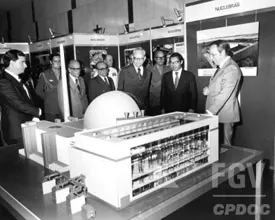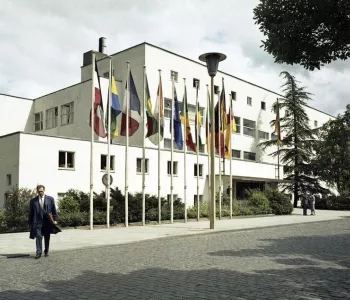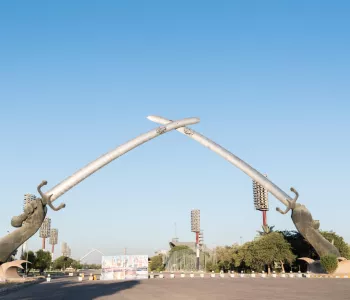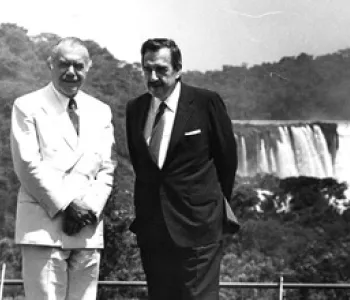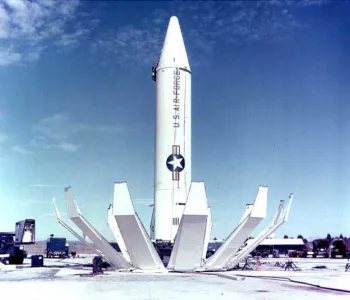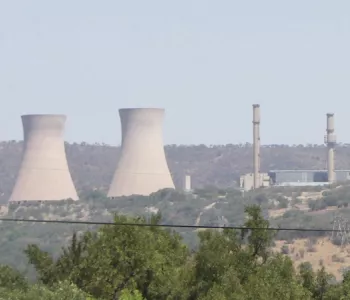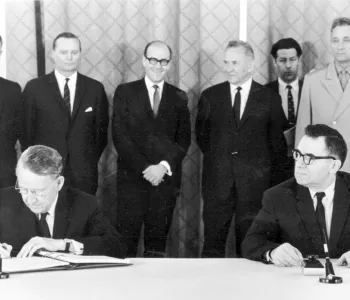Drawn from Brazilian and US government sources, this collection documents the evolution of the Brazilian nuclear program from the first proposal presented to the government in 1947, through the decision to establish a secret civilian-military program in 1978, until the end of the parallel military program in 1989. The documents are presented in collaboration with Fundação Getúlio Vargas (FGV). (Image, Ernesto Geisel, Shigeaki Ueki, Paulo Nogueira Batista, at an exposition promoted by Nuclebrás in March 1977, Paulo Nogueira Batista Archive at FGV)
